Police officers in Scotland are taking legal action in opposition to a new clean-shaven beards policy that has been proposed.
The force is currently consulting with employees about arrangements to continue wearing PPE and face masks following Covid.
And one of the measures proposed as part of new policies is that officers and staff should be “clean-shaven”.
The move has provoked a furious response from the frontline with the Scottish Police Federation saying proper equalities and human rights checks haven’t been done.
However, police say some exemptions will be made and the steps are needed to keep officers safe.
Police representatives ‘inundated’ with beard policy complaints
Since police in Scotland proposed the clean-shaven beards policy, concerns have been raised with industry representatives.
Four officers are currently pursuing discrimination claims through employment tribunals.
The beardless proposal has been put forward due to a requirement for staff to wear specialist FFP3 face masks, which provide enhanced protection against Covid and other airborne viruses.
However, they need to be in direct contact with the face in order to work properly.
David Kennedy, general secretary of the Scottish Police Federation, has accused Police Scotland of bringing in the policy due to an “ambundance” of the masks being bought during the pandemic that haven’t been used.
He told BBC Radio Scotland: “We’ve unfortunately been inundated with officer complaints with the proposed introduction of this policy, it has caused them considerable angst.
“The Health and Safety Executive guidance is that a policy like this should only be utilised as a last resort, and there have been relevant questions raised by police officers about why this policy has been proposed.”
He added: “We don’t believe they’ll have to wear them (the masks) that often, this is what’s causing the angst. The risk assessments don’t seem correct.
“It’s not just about beards, it’s about stubble. Some officers may have to shave twice a day for the mask to work for the little time they may actually have to wear them.”
Police say protective masks are needed
Police Scotland has stressed there will be exemptions made to the beards policy for those who cannot shave due to cultural, disability or medical reasons – with efforts being made to introduce alternative face masks.
Assistance Chief Constable Alan Speirs said the safety of staff was a priority and the policy was being proposed to safeguard those on the frontline.
He said: “Significant learning from the Covid pandemic identified that the FFP3 mask – which is face-fitted and requires users to be clean shaven – offers the most appropriate and effective respiratory protection to officers and staff.
“While the risk from coronavirus has lowered, wider risks remain to those attending calls, such as fires, road accidents and chemical incidents which require PPE to be worn.
“The Respiratory Protective Equipment (RPE) policy mandates that, where it can be reasonably foreseen that an officer or member of staff will use an FFP3 mask in the course of their duties, they should be clean-shaven.
“We understand the frustrations among those affected on the frontline, but the use of RPE is absolutely necessary to protect officers and staff from serious health risks.
“We are listening to a wide range of views on this matter and will undertake full consultation with all relevant staff associations ahead of implementation.
“A full human rights impact assessment is also being carried out as part of this process.”
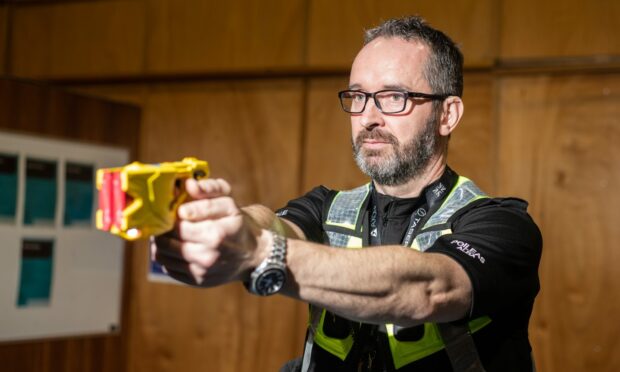
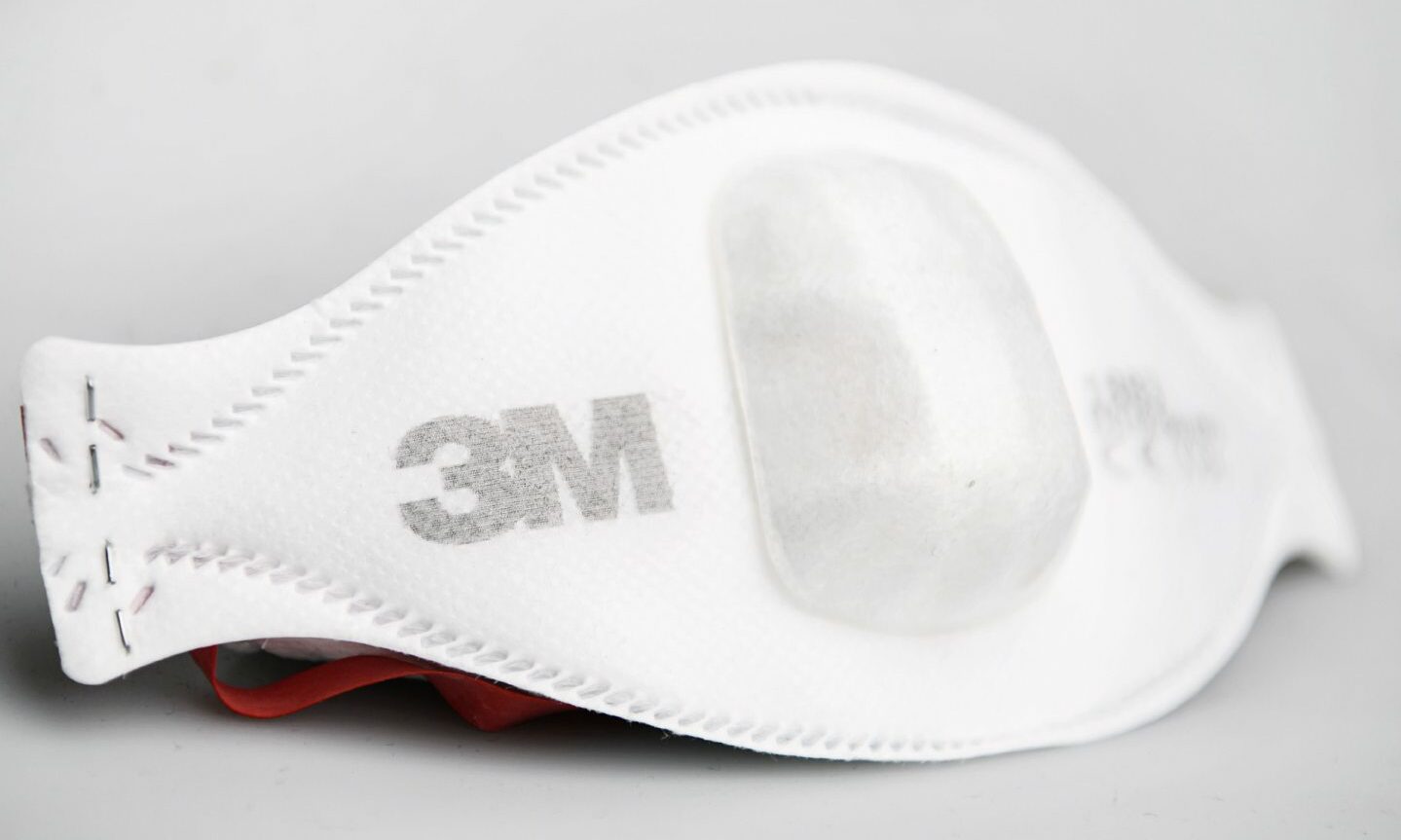
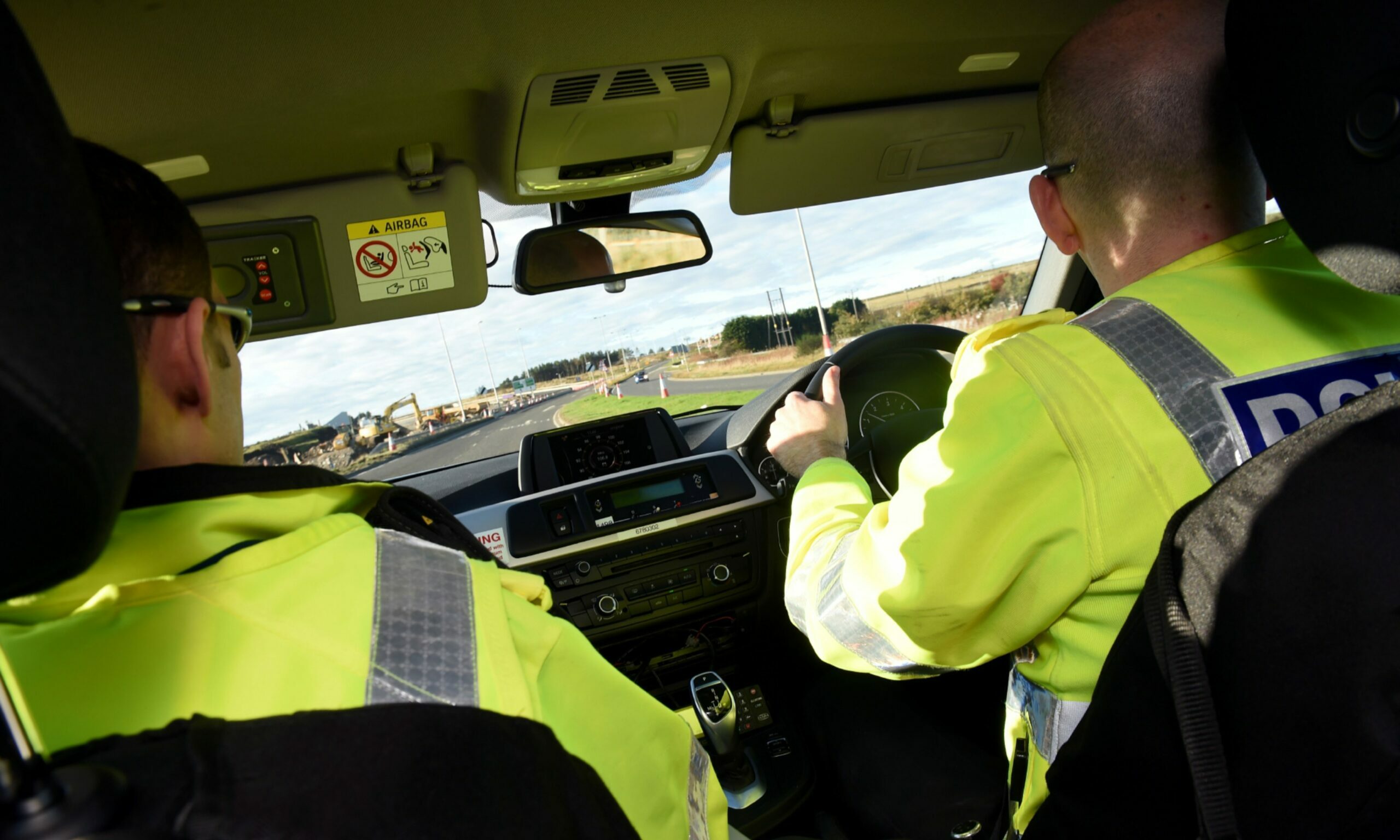
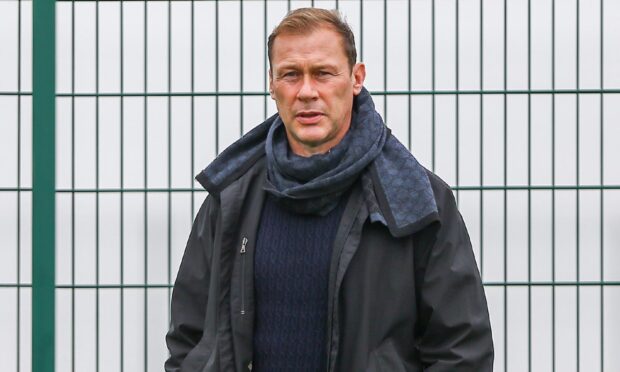


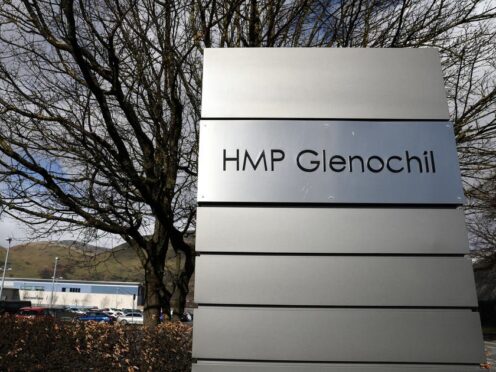
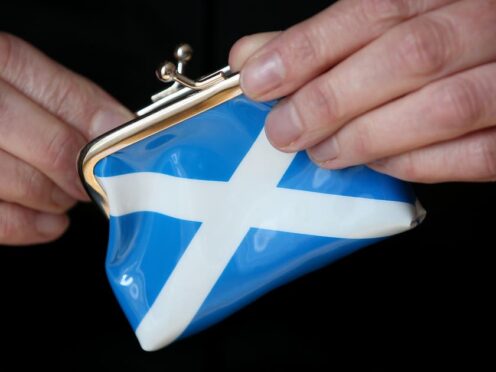
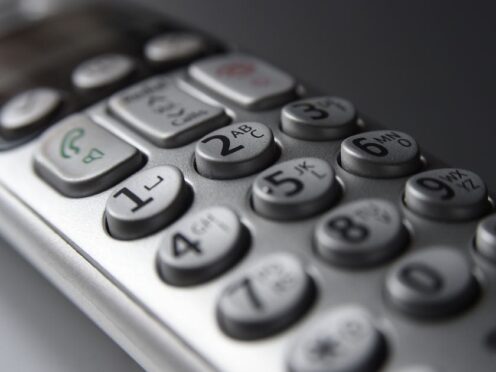

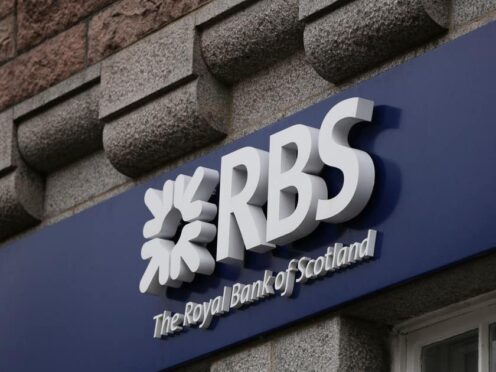
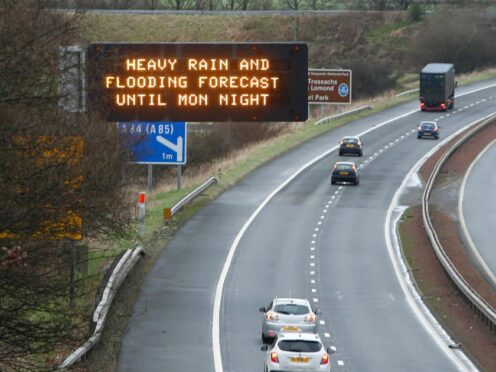

Conversation